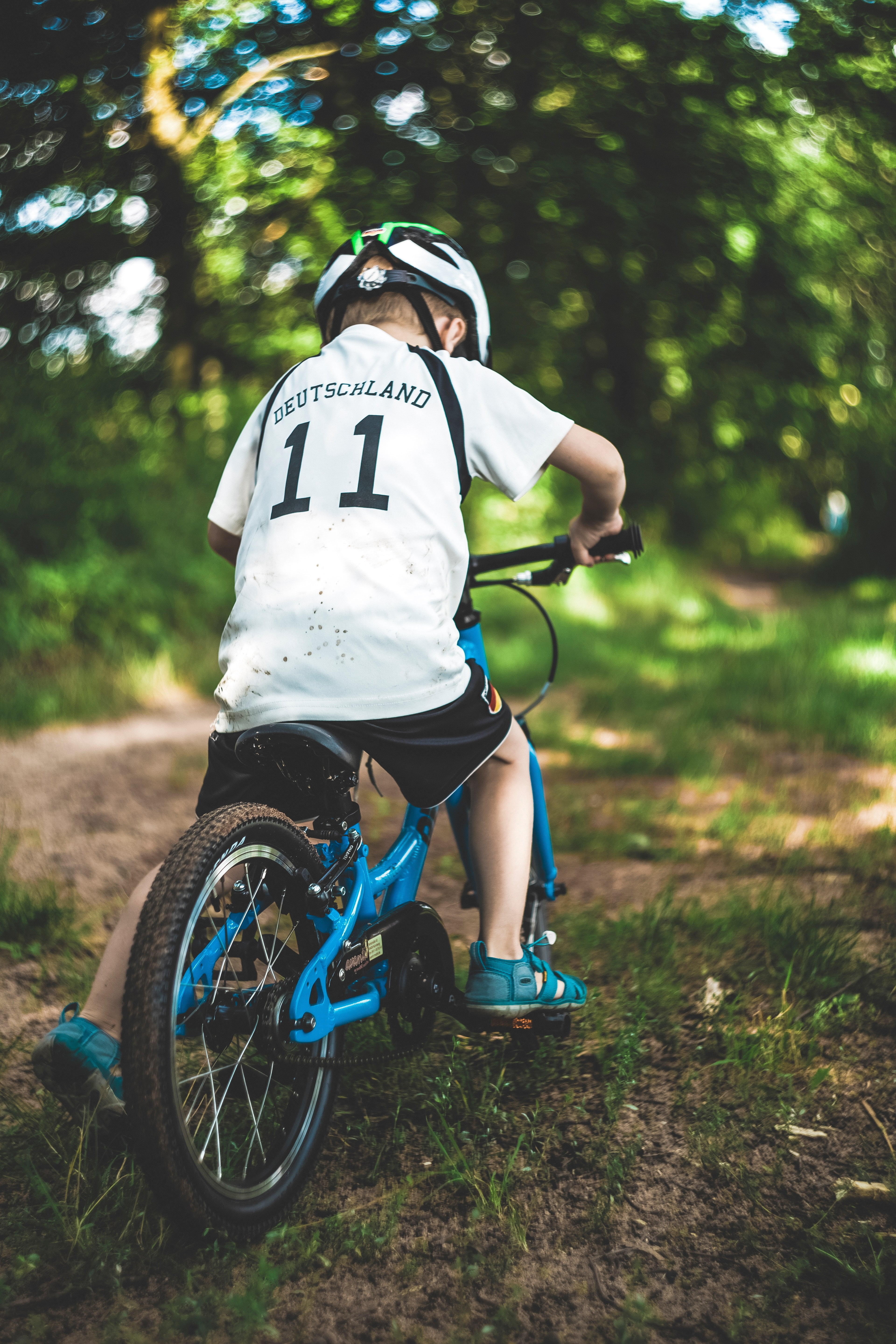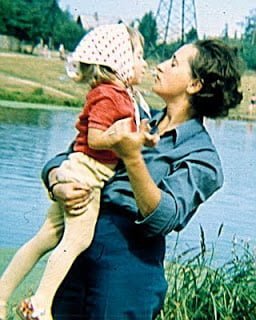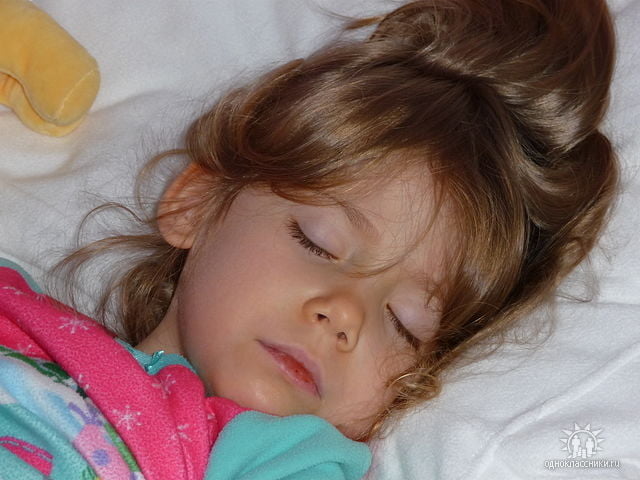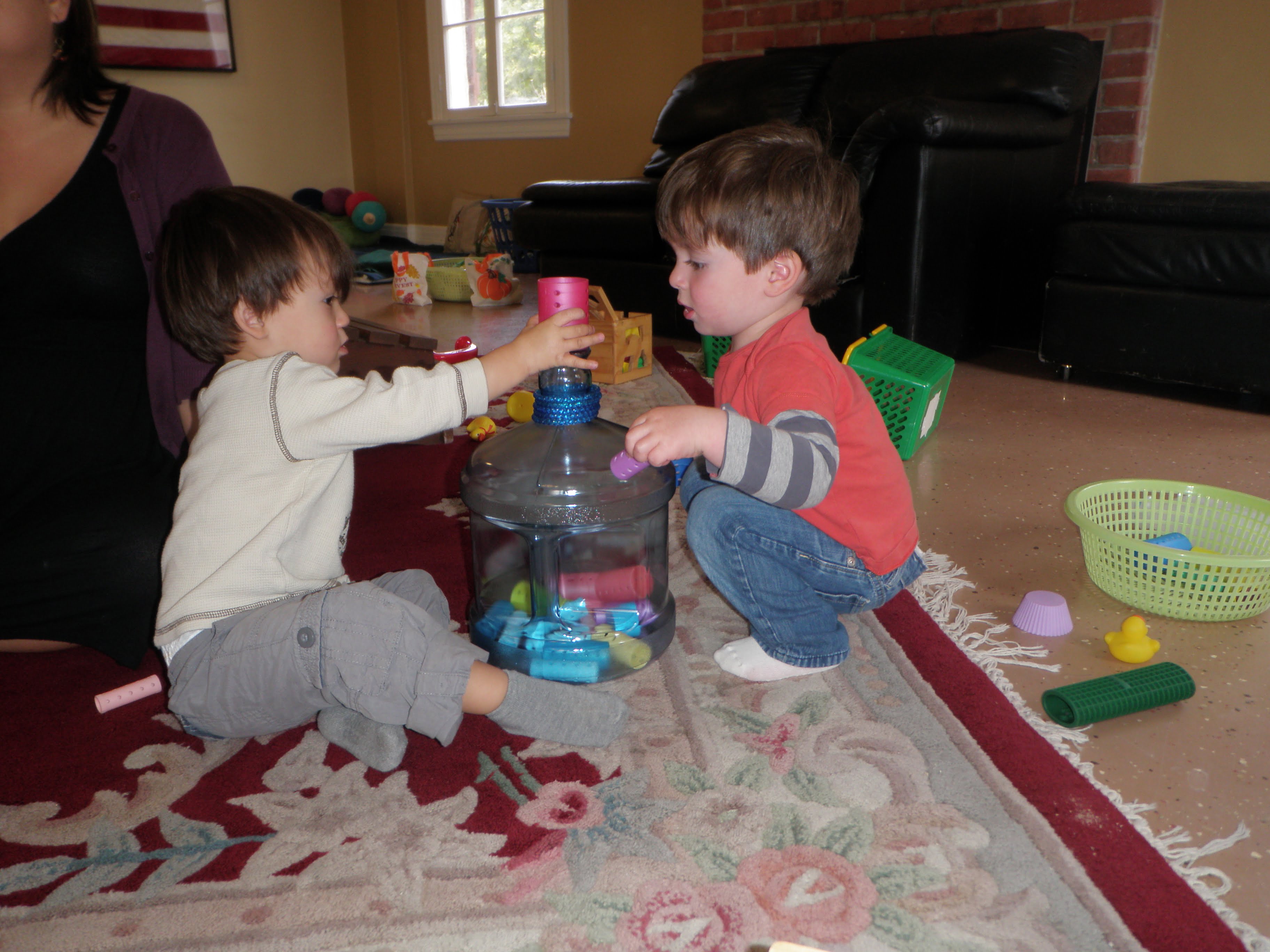Learning from mistakes is a very valuable skill.
What do we have in mind when we are giving our children suggestions, helping, fixing, and trying to smooth frustrations?
I will answer from my perspective: I want my child to experience less pain and to feel good. It took me a long time to understand the value of frustration and learning opportunities from making mistakes. Also, it was not easy for me that by trying to avoid frustrations I am not supporting confidence, but doing exactly the opposite and often increasing anxiety.
Some time ago I was working with a very thoughtful dad, David. One of the areas we were working on was how he responds to his son Jack’s frustrations. David understood my point right away, but it was not easy to implement in everyday life. With David’s permission, I want to share the letter about his experience (names are changed for privacy).
Hi Kira-
I would like to briefly describe what happened today at the park. We go to this park with Jack all the time because he loves to ride his bicycle. He is very good at it and can do maneuvers and tricks that are beyond his age. But today was different…
Jack tried to make his bicycle tricks more complex (tried to get up to speed and then brake and turn the bike 180 degrees). Obviously, since it’s very complex – he did it a few times and he fell a few times. I made a suggestion of how to minimize the chances of falling.
He kept trying – with on-and-off success.
As expected, sometimes it worked, and sometimes it didn’t. Jack just couldn’t handle it. It seems like he always wants to be 100% successful at what he does. Even 90% is not good enough. He needs everything PERFECTLY 100% of the time. As he was doing it – repeating and repeating – he was getting more and more frustrated.
At some point, he just couldn’t handle it anymore. He picked up his bicycle in the air and dropped it to the ground, and started kicking it with his feet. Of course, he broke it.
He then got even more upset… Tried to hit me again (which I stopped and didn’t let him). Cried … Begged not to tell Mom … Begged to fix it…
I spent the next hour fixing his bike. Once it was fixed, Jack got happy again. He rode a little more and we went to a swing, and then home.
On the way home, Jack told me: “Dad. Do you know why I got so frustrated? Because you saw that I was falling and you tried to make suggestions and teach me how not to fall. I know you wanted the best for me. But … You should have just let me keep trying and falling – without saying anything. That’s what you should have done.”
What do you think of this episode? What should I have done differently? Jack’s analysis is very mature for his age. Should I have done what he said I should have — ie. said nothing?
Thank you.
David
What happened in this scenario?
Often when grownups give a lot of suggestions, children perceive this as an expectation for them to do better and sometimes even that they are not good enough. It can be too heavy of an emotional weight for a child.
I was excited to read how well Jack was able to verbalize his needs – a sign of his emotional intelligence. We worked very hard to practice and support those skills with Jack.
What David can do differently: he can stay close, observe more, and keep his facial expression calm, friendly, and trusting. He might comment that Jack is working on new skills or maybe say nothing at all.
Here is a captivating blog, by Teacher Tom, I came across about how words might not always be necessary:
http://teachertomsblog.blogspot.com/2016/10/saying-nothing.html
Wishing you all the best in the difficult yet exciting journey of parenting!
Warmly,
Teacher Kira














